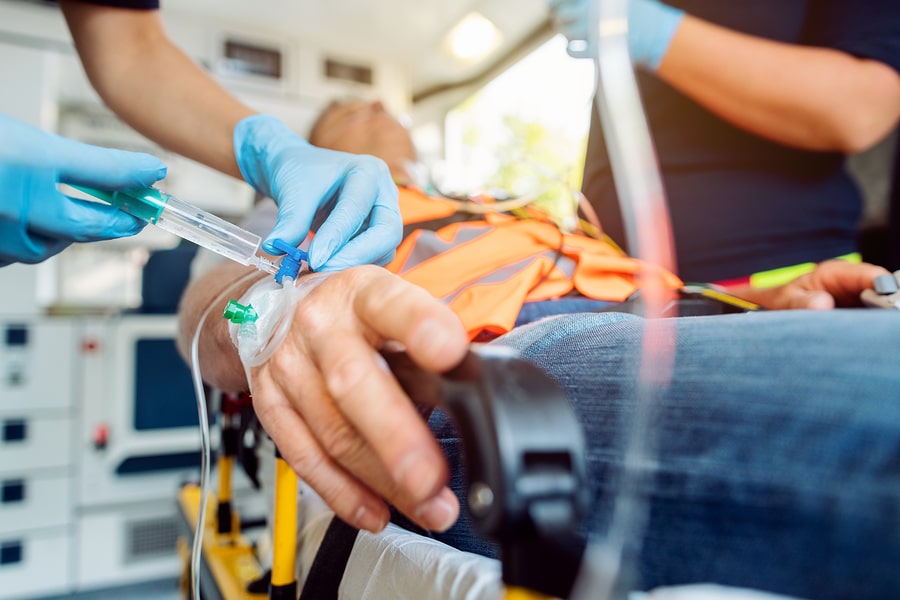Minor injuries and accidents can happen quickly and unexpectedly, whether during family activities, sports games, or everyday tasks. While these injuries are not typically life-threatening, they require prompt attention to promote proper healing and prevent complications. Urgent care centers are well-equipped to handle a variety of minor injuries, offering convenient and immediate care when you need it most.
Treating Cuts and Lacerations
Cuts and lacerations range from small nicks to deeper wounds. Some may even damage underlying tissues. Urgent care centers treat most cuts by cleaning, examining, and repairing them. This helps reduce infection risk and promotes healing. Depending on the wound, providers will use stitches, adhesive strips, or medical glue to close it. They may recommend a tetanus shot if a dirty or rusty object caused the cut.
To control bleeding, apply firm pressure with a clean cloth or gauze and keep the area elevated. Clean with soap and water for shallow cuts, then apply antibiotic ointment. For deep, jagged, or hard-to-clean wounds, seek professional care promptly to avoid complications. Untreated cuts may lead to infections or delayed healing, so acting quickly is valuable.
Addressing Sprains and Strains
Sprains happen when ligaments connect bones and are stretched or torn due to sudden twisting or impact. Strains involve injuries to muscles or tendons, which connect muscles to bones and often result from overuse or overstretching. Both injuries cause pain, swelling, and difficulty moving the affected area. Symptoms often range from mild discomfort to severe pain, depending on the severity.
Urgent care providers will physically examine the damage to determine a treatment plan. Treatment usually involves the R.I.C.E method: rest, ice, compression, and elevation. This helps reduce swelling and supports healing. Over-the-counter pain relievers like ibuprofen or acetaminophen can help manage discomfort. For severe injuries, braces or splints might be needed to stabilize the area.
Managing Rashes and Skin Irritations
Allergic reactions, insect bites, or contact with irritants like certain plants or chemicals can cause skin rashes and irritations. Urgent care providers can help identify the cause of the rash. They can also recommend a treatment plan, such as topical creams or oral medications. Persistent itching, oozing, or spreading of the rash are signs that professional care is needed. For temporary relief at home, avoid scratching. Use cool compresses to soothe irritated skin until you are able seek medical advice.
Evaluating Simple Fractures
Not all fractures require an emergency room visit. Simple fractures, where the bone is broken but does not pierce the skin, can often be treated at urgent centers. Clinicians often use X-rays to confirm the fracture and determine the best course of action, which could include immobilizing the injury with a splint or cast. If you suspect a broken bone, minimize movement in the affected area and apply an ice pack to reduce swelling while awaiting care.
Why Choose Urgent Care for Minor Injuries
Urgent care centers bridge the gap between routine primary care appointments and emergency room visits. They provide quick access to professional medical care. Their extended hours and walk-in availability make them a practical choice. These centers are ideal for treating non-life-threatening injuries that need immediate attention. By addressing minor injuries promptly, urgent care services help you get back to daily activities.
- mylovelyfurryfriend discover expert tips on dog health
- Infectious Diseases Updates – Stay Informed, Stay Protected!
- Wegovy For Weight Loss – A Breakthrough in Managing Obesity!
- Emergency Medicine Forum – A Hub for Fast-Paced Knowledge, Support & Updates!
- Pediatrics Discussions – Insights, Challenges, and Expert Advice for Better Child Health!





Leave a Reply